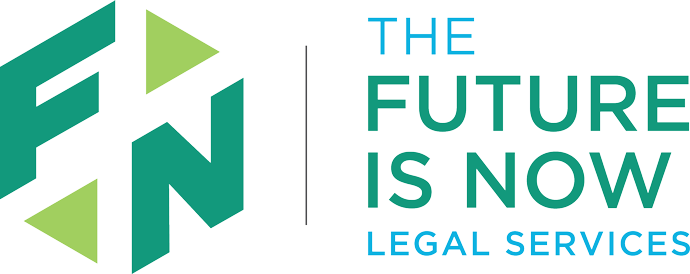The biggest constraint on innovation in the legal industry is not the lack of workable technology, but rather the lack of a business model that rewards efficiency rather than production. It’s the legal profession’s “last mile” problem.
Under the current system of charge and compensate based primarily on hourly production, there is tremendous uncertainty over who benefits from improved productivity – the producer, or consumer, or both? The lawyer who invested in time-saving technology would like to charge higher rates, but the client resists, believing that the billable rate is already too high. Alternatively, the lawyer would like to make up the lost revenue and profit by getting a larger volume of work from the client, thus siphoning away work from competitors. Yet, the client may be reluctant to provide any guarantees.
Can this uncertainty be resolved, so members of the profession can more safely make investments in superior technologies, processes, and business methods? A sophisticated, structured dialogue between buyers and suppliers of legal services just might be the answer.
